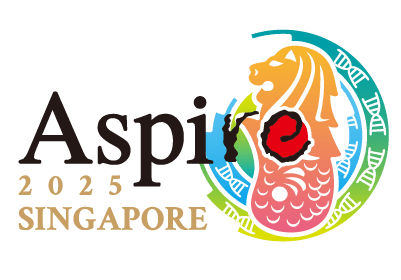Background and Aims
Ovarian support cell in vitro maturation (OSC-IVM) is used to support the IVM of immature
oocytes collected following minimal stimulation using human induced pluripotent stem cell
(hiPSC) derived OSCs. The aim of this study was to compare the clinical efficacy of OSC-IVM
in combination with various minimal stimulation regimens.
Methods
This study included 45 treatment cycles distributed between 5 minimal stimulation regimens
with or without hCG trigger: rFSH + trigger, clomiphene citrate (CC) + rFSH + trigger, CC +
hMG + trigger, CC + trigger, and CC + rFSH (Table 1, 2). All retrieved oocytes were cultured for
30 hours with OSC-IVM. Mature oocytes were fertilized via ICSI and high quality (HQ)
blastocysts were tested via PGT-A. Single FET of euploid blastocysts was performed after HRT
endometrial prep.
Results
At this interim analysis, all embryological endpoints have been completed. Phase II, consisting
of embryo transfers and fetal development readouts, is ongoing with 20 completed transfers.
Stimulation with CC and rFSH has led to the most favorable outcomes, with 11% and 8% HQ
euploid blastocyst formation rates per oocyte retrieved with and without trigger, respectively, and
a 33% ongoing pregnancy rate per cycle with trigger (Table 3). No OSC-IVM treatment related
adverse events have been reported, and the first live birth of a health, singleton female following
an OSC-IVM treatment cycle occurred on 12/09/2024 at full term.
Conclusions
The results of this ongoing study indicate that OSC-IVM is optimally applied in combination
with a minimal stimulation regimen including CC and rFSH. Safety and efficacy analysis of fetal
developmental and maternal health remain ongoing with no reported treatment related adverse
events. The first healthy live birth without complication, a global first for an hiPSC-derived cell
therapy, provides evidence of efficacy and helps establish the favorable safety profile of
OSC-IVM.
May 3, 2025
Interim Evaluation of Optimal Minimal Stimulation Regimen For Ovarian Support Cell In Vitro Maturation: A Post Market Clinical Study
